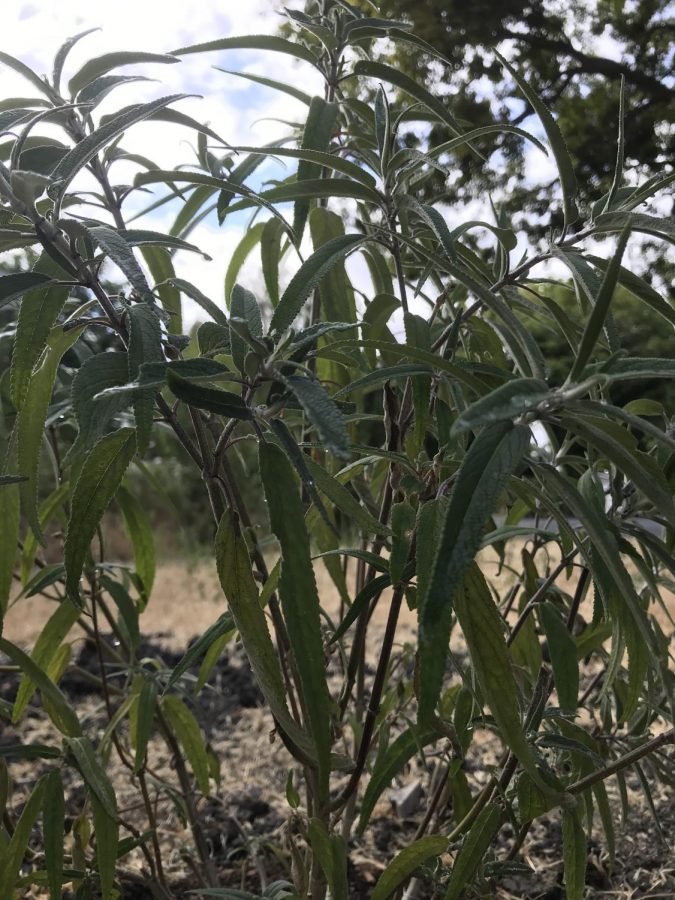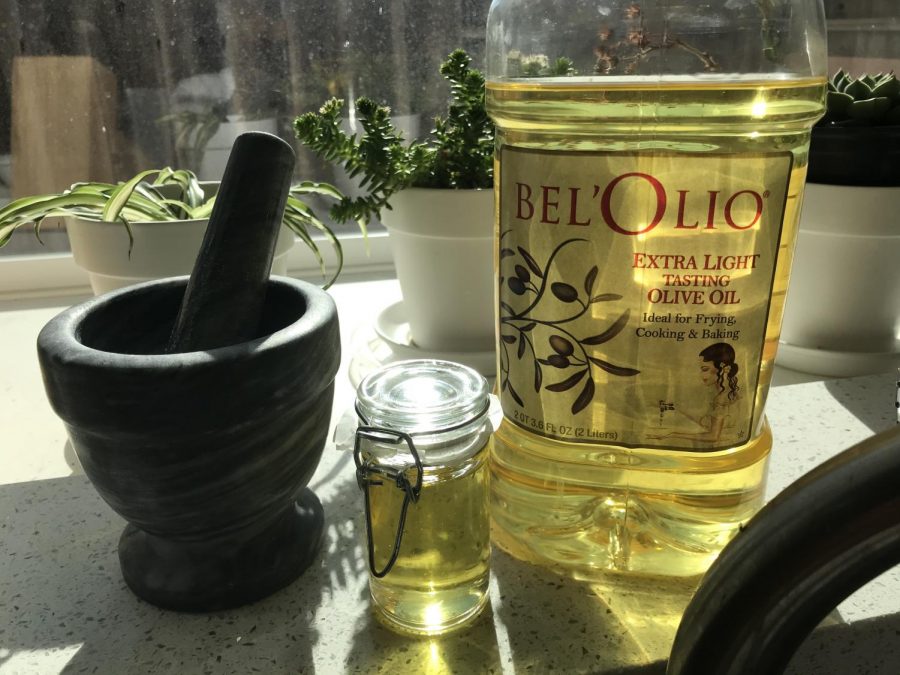An herbalist’s take on health & wellness during COVID-19
With fall just around the corner and this year being plagued by COVID-19, it is really important to promote and maintain balance especially for athletes. Something that many athletes may not know is that the incorporation of herbs in diets has traditionally been used for millennia by herbalists to support and strengthen the bond and balance between the mind, body and spirit. There are three groups that herbalists typically encounter. They are the immune system, bone health, joint health and mental health.
Some wellness promoting herbs that Herbalist Caitlin Fraizer has worked with to support her immune system are elderberry or elderflower, garlic and calendula. They are known to support the immune system because of their anti-inflammatory, antioxidant, nutritive and immune stimulant properties. This means that these herbs mentioned above can be worked with to calm spring and fall flu and cold episodes, soothe sore throats, aid in releasing toxins from the body through bowel movements and the urinary tract and have the ability to strengthen the body’s response mechanism to infections and illnesses.
Regarding immune stimulant properties (such as expectorant, aperient and diuretic properties), they are essentially in charge of making sure that the body is properly prompted to produce saliva and other necessary body fluids to aid the expulsion of toxins through coughing and other typical body functions. Common ways these herbs can be used are in herbal teas and infused oils.
The second group of wellness promoting herbs have been known to support and strengthen bone and joint health.
“[We] really want to look at nutritive herbs that are full of vitamins and minerals,” Frazier said, regarding bone health. “[These include] nettles, dandelion leaf, red clover, alfalfa [and] horsetail.” This means that they bring nutrients to the bones via blood through the circulatory system and they replenish nutrients in the blood in order to maintain healthy blood and support the overall mood and health of the body.
Red clover is nutritive and has particularly been known to thin the blood which prevents the blood from clotting in the veins and increases blood flow, however, this herb is often not suggested for those already taking blood thinners because it may cause the blood to become too thin meaning that the body becomes more susceptible to cuts and bruises as well as extreme loss of blood.
Regarding joint health, Fraizer suggests mainly herbs that are anti-inflammatory such as turmeric blended with licorice (together), meadowsweet blended with willow (together) or chamomile blended with yarrow (together). Their fair balance of hot and dry to moist and cool helps them to accomplish bringing balance to bodily imbalances such as inflammation, headaches and body pains. These are herbs that can also be worked with for easing and soothing joint and chronic pain and supporting joint structure and their functions. These blends of herbs are commonly worked with through herbal teas and infused oils.
The third group of wellness promoting herbs are worked with to maintain healthy and positive mindsets. Fraizer recommends herbs that are nervine. Some herbs that she uses for herself after a long day are blue vervain, passion flower, skullcap and motherwort.
“[Motherwort] is fantastic for everyone,” Frazier said. “It’s very maternal, it’s like a big hug.”
She also likes lemon balm which brightens up low moments. “It’s a very joyful herb and it brings a lot of joy,” Frazier said. Mimosa flowers also have similar properties to lemon balm and can be used likewise.
Fraizer works with these herbs to relax and release tension within the body, calm a racing mind and bring joy and light to the mind. Similar herbs that are more common are lavender, chamomile, sage, rose petal and mint which perform the same functions as the previous herbs mentioned above. Common ways these herbs can be worked with are in herbal teas, scented oils and incense/smudge blends.
Herbs have been worked with over thousands of years making them faithful friends when one is set on the path to claiming health and wellness. At first, the idea of working with herbs may seem a bit out of grasp as this may sometimes seem tricky and strange, however, working the natural way can be rewarding and lead people down the path of giving oneself power over the health of their minds, bodies and spirits, leading people to self-fulfillment.
Disclaimer: This article has not been reviewed by the FDA and is not intended to diagnose, treat, heal, or cure any illness or disease. Herbalism in the perspective of health and wellness is a very personal topic that is tailored to the unique balance and makeup of each person. This article is only written for educational purposes and should not replace the advice or opinion of a licensed physician or medical professional. Suggestions in this article are to be attempted at the reader’s own discretion and own risk.













